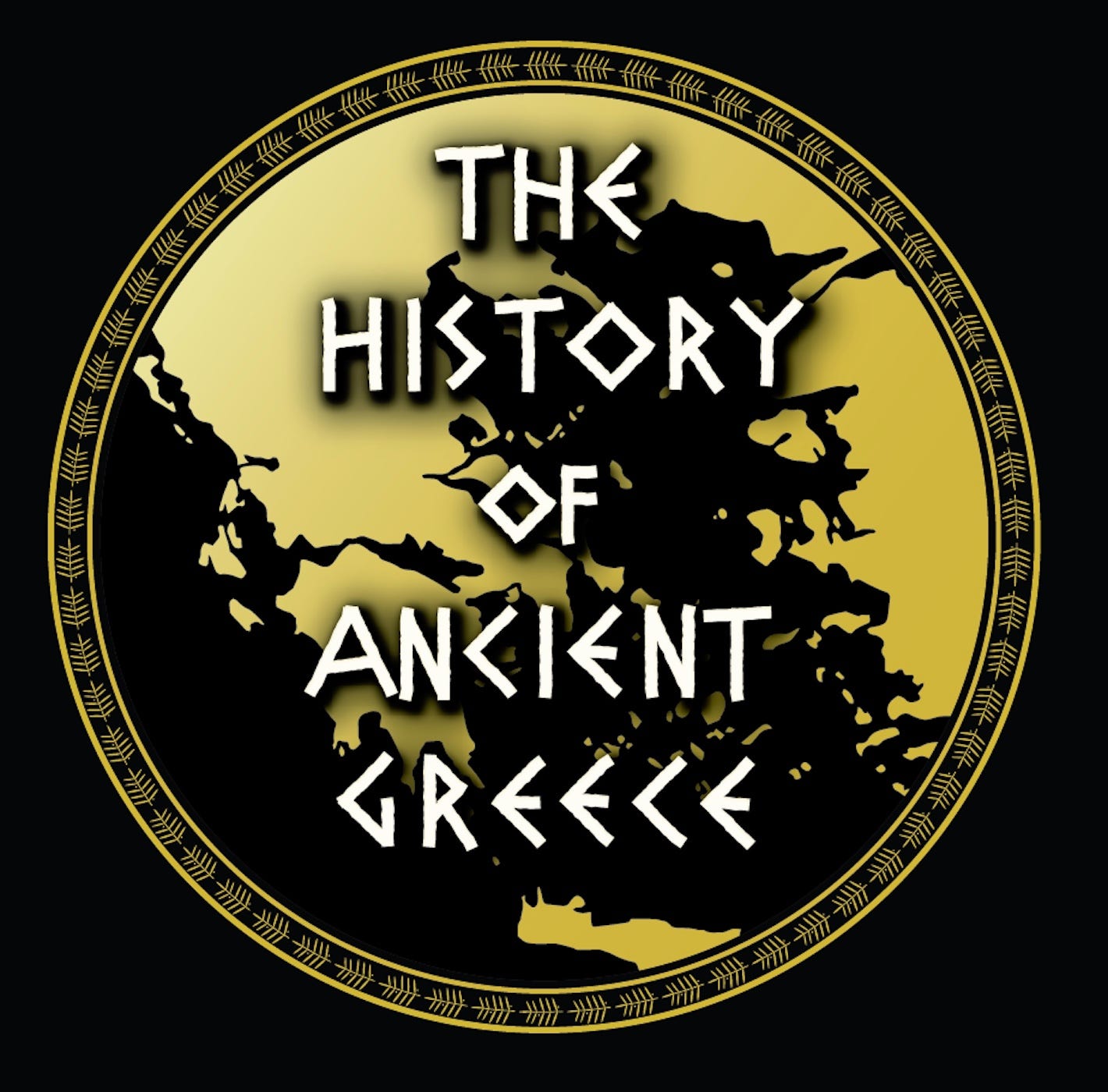
Researchers in the United Kingdom have reported that a new translation of a 2,000-year-old marble tablet inscribed in ancient Greek may be depicting a yearbook for a graduating class.
The National Museums of Scotland has held the tablet for over 130 years, and not once has it been looked at properly until recently.

Peter Liddel, a senior lecturer in ancient history at the University of Manchester, shared with NPR that the inscription is only one of three in Edinburgh, so researchers are excited.
"This is one of a small number of inscriptions in Scotland, one of three ancient Athenian inscriptions in the city of Edinburgh, so it's absolutely exciting," Liddel told NPR.
The new translation was published on May 31 by Attic Inscriptions Online, a project that Liddel works for on the editorial committee. He shared that the inscription is as clear as a "class book," which then lists the names of young men and when they finished their military training.
The translation is significant as Liddel shared that new Greek inscriptions don't often come around, especially not in the United Kingdom.
"When we looked a bit closer at this inscription, we discovered that it was, in fact, a new document, something quite different from anything known before," Liddel said.
But thanks to the translation, we now know of some 31 Greek citizens named on the tablet, including Theogas and Dionysus, but researchers said there could have been as many as 100 men.
Transcriptions like this are essential as Liddel shared that we are still piecing together ancient history like a jigsaw puzzle with collections across the globe.
"We don't have objective accounts of ancient history," Liddel said. "What we have to do is piece together ancient history from the fragments that exist, and this is one of those."
LISTEN on the Audacy App
Sign Up and Follow Audacy
Facebook | Twitter | Instagram

